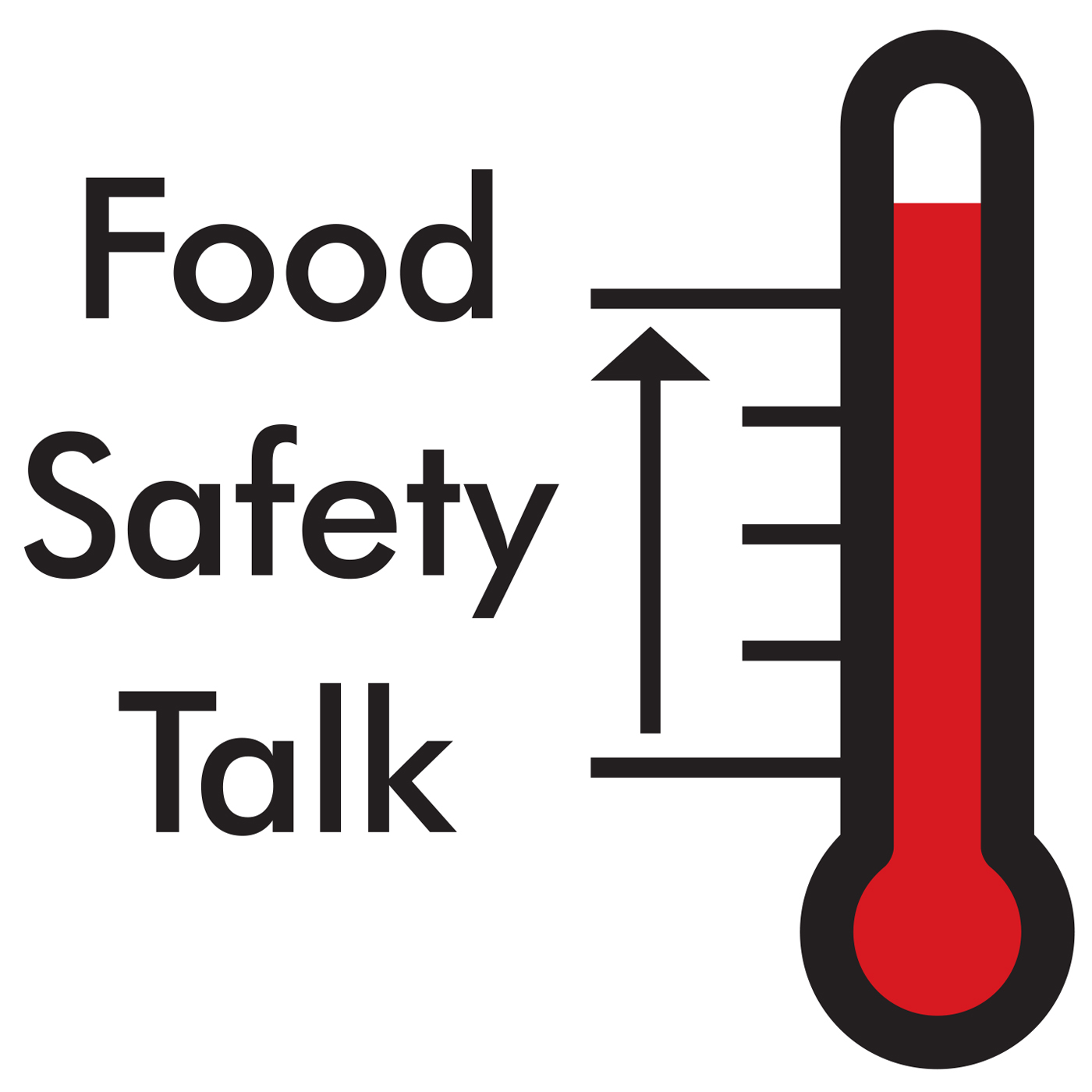Food Safety Talk 49: Less Risky Bathroom Event

b"The show started with Don and Ben sharing their love for iOS7 and iTunes Radio. Ben's still on his Beach Boys trip, having recently watched Beautiful Dreamer. The discussion then quickly turned to food safety follow up. Ben wasn't happy with his Food Safety News interview on dishwasher cooking and the message that he might have sent. Don felt that a really important aspect was the multitude of variables that can change from one dishwasher to another and hence that it was difficult be safe. The guys then discussed some listener feedback about safety of low sugar jellies, which was related to the work of one of Don's master's student. The listener commended the work on low sugar jellies, which will help provide important information to existing Cottage Food Guidelines. The guys then delved into the effects of water activity, pH, sugar contents for the safety of the preserving process and how some products, such as the Cronut Maple Jam, fall far outside the known safe zone. This got Ben onto the Toronto Public Health investigation update on the Cronut Burger outbreak, which was related to the already risky jam not being refrigerated by the producer or the vendor who purchased it. Don then gave Amy Jane Gruber, from Just The Tip podcast, a plug for her participation in the Fare Walk for Food Allergy. You might even hear her on a future FST episode. In the Food Safety History segment, Don shared the initial editorial from the journal of milk technology, which while written in 1937 still resonates strongly with today's food safety activities. Ben then described personal challenge he has urinating in his office building without getting splash back. This reminded the guys of the aerosolization in the bathroom and potential risk that this can pose. Ben then recalled the UPI story about a Swedish man urinating on supermarket produce. While urine is normally sterile, Ben wondered about the risks. While Don couldn't quantify the risk on the spot, he noted that in HACCP terms hand washing after a bowel movement was a CCP while after peeing it could be considered a GHP. But both agreed that sick workers just shouldn't be at work. The discussion then turned to raw milk cheeses, which was prompted by the Gort's Gouda raw milk cheese related outbreak in Canada. Don noted that the rate of inactivation in a particular product was more important that just a '60-day limit' say. That's because the final risk is integrally related to the starting concentration and the inactivation rate. To finish off the podcast Don wanted to talk about the Food Safety News article on food date labels, which was based on this NRDC work. While Don agreed that date labels were confusing, he was also rather sceptical of the underlying work. In the after dark, the guys talked about the new markdown format for the shownotes and planned their podcasting schedules for the next few episodes."